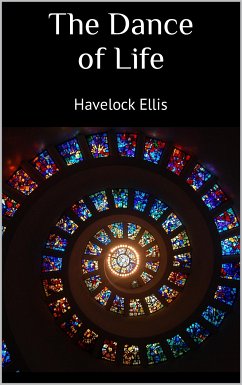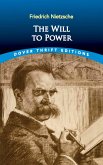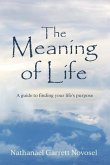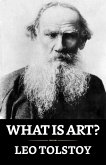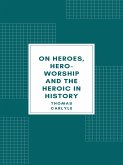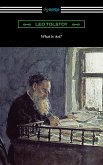It has always been difficult for Man to realise that his life is all an art. It has been more difficult to conceive it so than to act it so. For that is always how he has more or less acted it. At the beginning, indeed, the primitive philosopher whose business it was to account for the origin of things usually came to the conclusion that the whole universe was a work of art, created by some Supreme Artist, in the way of artists, out of material that was practically nothing, even out of his own excretions, a method which, as children sometimes instinctively feel, is a kind of creative art. The most familiar to us of these primitive philosophical statements-and really a statement that is as typical as any-is that of the Hebrews in the first chapter of their Book of Genesis. We read there how the whole cosmos was fashioned out of nothing, in a measurable period of time by the art of one Jehovah, who proceeded methodically by first forming it in the rough, and gradually working in the details, the finest and most delicate last, just as a sculptor might fashion a statue.
Dieser Download kann aus rechtlichen Gründen nur mit Rechnungsadresse in A, B, BG, CY, CZ, D, DK, EW, E, FIN, F, GR, HR, H, IRL, I, LT, L, LR, M, NL, PL, P, R, S, SLO, SK ausgeliefert werden.

